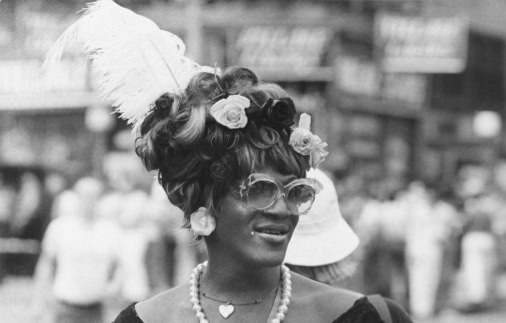The staff at Austin Woman share some iconic womxn who they count as Change Makers.
Michelle Bermea
Media Sales Director
Being a proud Hispanic woman, Frida Kahlo has always inspired me to cross society’s traditional roles. Most would be conquered by 32 surgeries, chronic pain, several miscarriages, and bedridden confinement, but it was at this time that she found a voice through art that would empower the modern woman. Each brush stroke she made depicted her true emotional pain and suffering. She’s been called a Surrealist, but in her own words, “I never painted dreams. I painted my own reality.” She unapologetically defied society’s expectations and challenged traditional roles assigned to women, thus becoming one of the leading symbols of female empowerment.
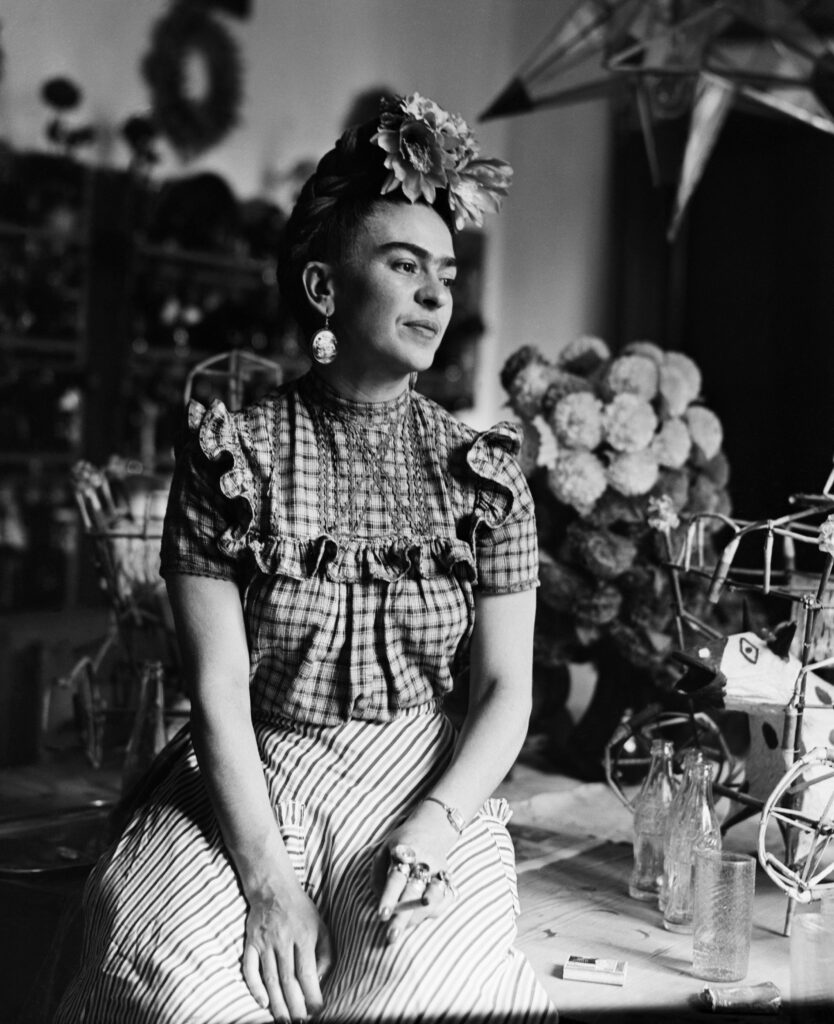
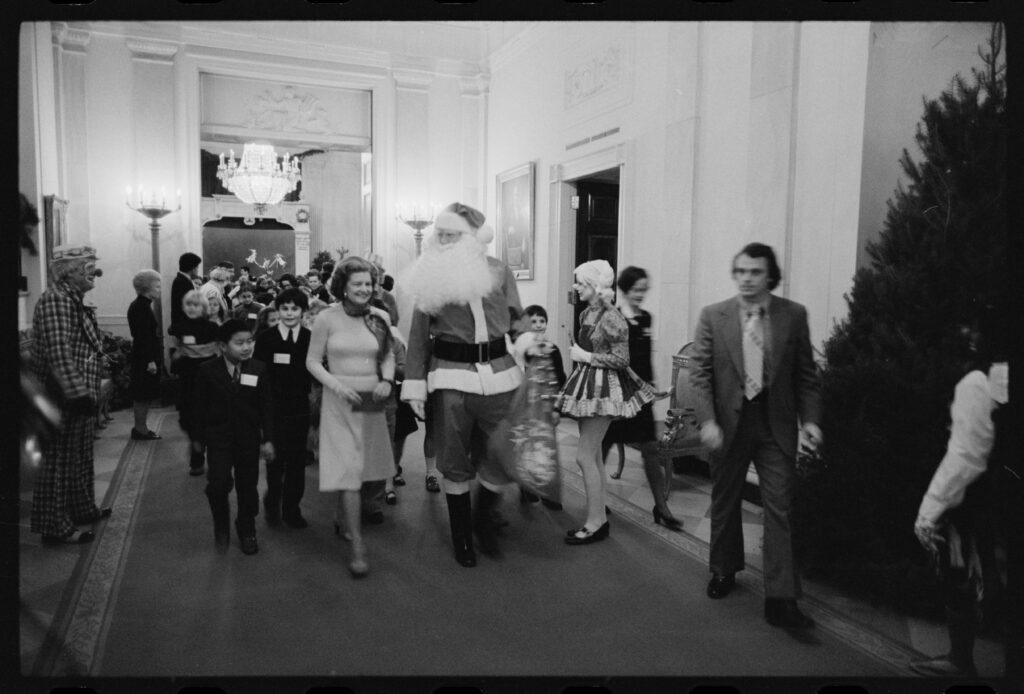
Betsy Blanks
VP of Business Operations
It’s hard to narrow it down to a single woman changemaker in history because there are so many! Betty Ford is one that I find particularly meaningful. She was a great example of how the First Lady can truly impact policy, but her post-presidency work is why I believe she is such an important woman in history. She spoke publicly about her substance use challenges when no one talked about those types of issues. She used her status to not just give a voice to those who were discarded, but also to provide a long-term solution with the Betty Ford Center. We see now more than ever the impacts of addiction, and she tried to shed light on this taboo topic when no one wanted to acknowledge it.
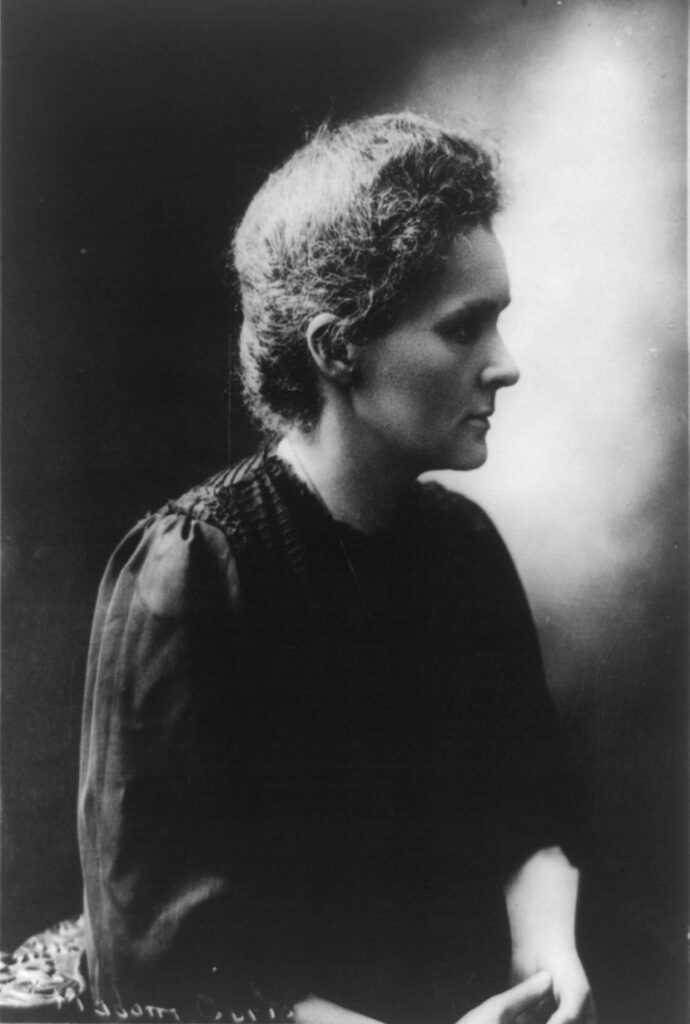
Jordan Faris
Media Sales Executive
Not only was French and Polish physicist and chemist Marie Curie the first woman to win a Nobel Prize, but she also won the award twice (and is the only woman to do that). Curie discovered the elements radium and polonium, which became monumental in research for cancer treatment and cures. “Life is not easy for any of us. But what of that? We must have perseverance and, above all, confidence in ourselves. We must believe that we are gifted for something and that this thing must be attained.” (She’s still the only person—man or woman—to win the Nobel Prize in two different sciences.)
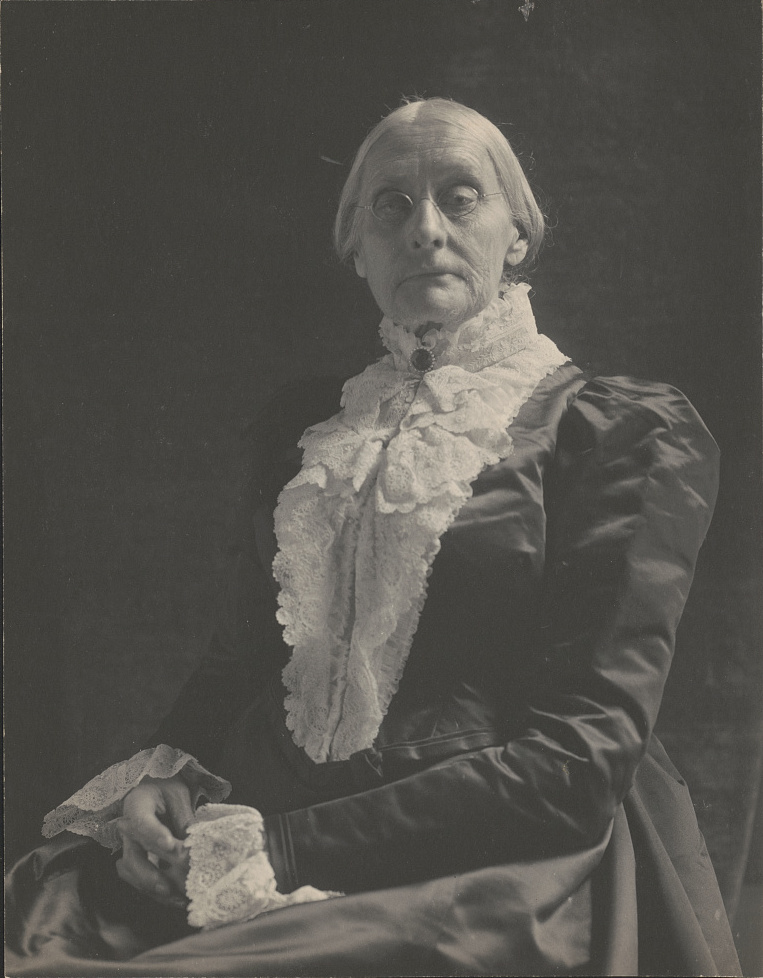
Chanel Ingram
Media Sales Executive
Susan B. Anthony took the ripples of change and turned them into waves, but to understand her, you need to understand where we started. The Colonies modeled their legal system after English laws, which excluded women from voting only after marriage, holding that a woman’s legal rights were considered merged with her husband’s. During the Revolution, the Colonies unilaterally outlawed women from voting in 1777 through each Colony’s individual legal process. However, the U.S. Constitution incorporated inclusive terms like “persons,” “electors” and “people” when it was ratified in 1788, omitting mention of race and gender. Voting rights listed male-specific language for the first time in the 14th Amendment, which Anthony, then a well-known and outspoken Abolitionist, championed to have amended to include women, a mission which ultimately failed. Incensed by laws limiting her rights without any form of legal redress, she gave her voice, already known for its Abolitionist advocacy, to amplify the movement already in progress. She’s best known for boldly casting an illegal ballot, a pleasure for which she was arrested and fined, but she also founded her own newspaper, spoke and rallied across numerous states and blazed the trail for women just like us to have a voice in our government. Susan B. Anthony never witnessed women’s suffrage triumph, dying just 11 years before the 19th Amendment was ratified. She also never enjoyed the heady sensation of casting a legal, equal vote of her own. It is my honor to vote on her behalf, to make sure her legacy thrives. Make no mistake, friends, failing to vote is exactly how rights are rescinded. What was written into an amendment can be removed with another, so constant vigilance is key. Get registered, vote loud and vote proud.
Katherine Kemp
Media Sales Executive
There are so many great women to choose from. I’m going with Eleanor Roosevelt. Not only did she gracefully step into the role of First Lady when her husband was elected, but changed the role of First Lady by advocating for human rights, women’s rights on behalf of the League of Women Voters and children’s causes. She went on to become chair of the U.N.’s Human Rights Commission in 1945.
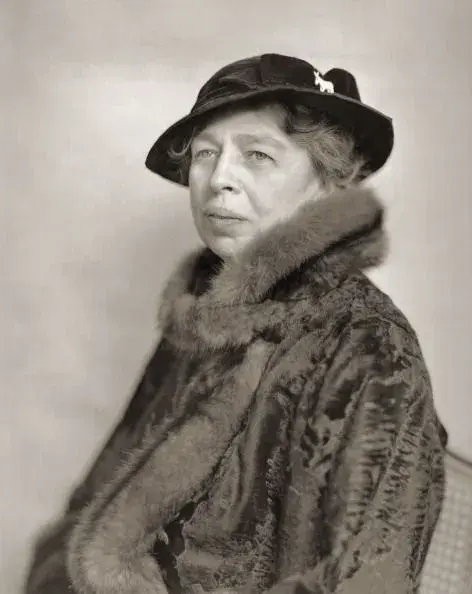
Cy White
Managing Editor
You want to talk about making changes? There’s no way we can leave out the Black and Brown transwomen who fought tooth, nail and with every other part of their bodies to ensure that when we talk about equality we mean every body. Marsha P. Johnson is more than an icon of LGBTQIA+ liberation. She’s more than a cute story to tell about Stonewall (which is often misremembered and misunderstood the further we get away from the date of the riots) and freedom. She was a force to be reckoned with. She sacrificed her freedom, her comfort, her health and her life for the inalienable right for trans men and women to be treated and respected as human beings. She was the living, breathing embodiment of “no weapon against me shall prosper,” and every single one of us who has been disenfranchised—and I can safely say that’s everyone reading this right now—owes Ms. Johnson, Sylvia Rivera and all the trans women who fought on the front lines our gratitude, our respect and, without question, our love. Thank you, Ms. Johnson, for everything.
